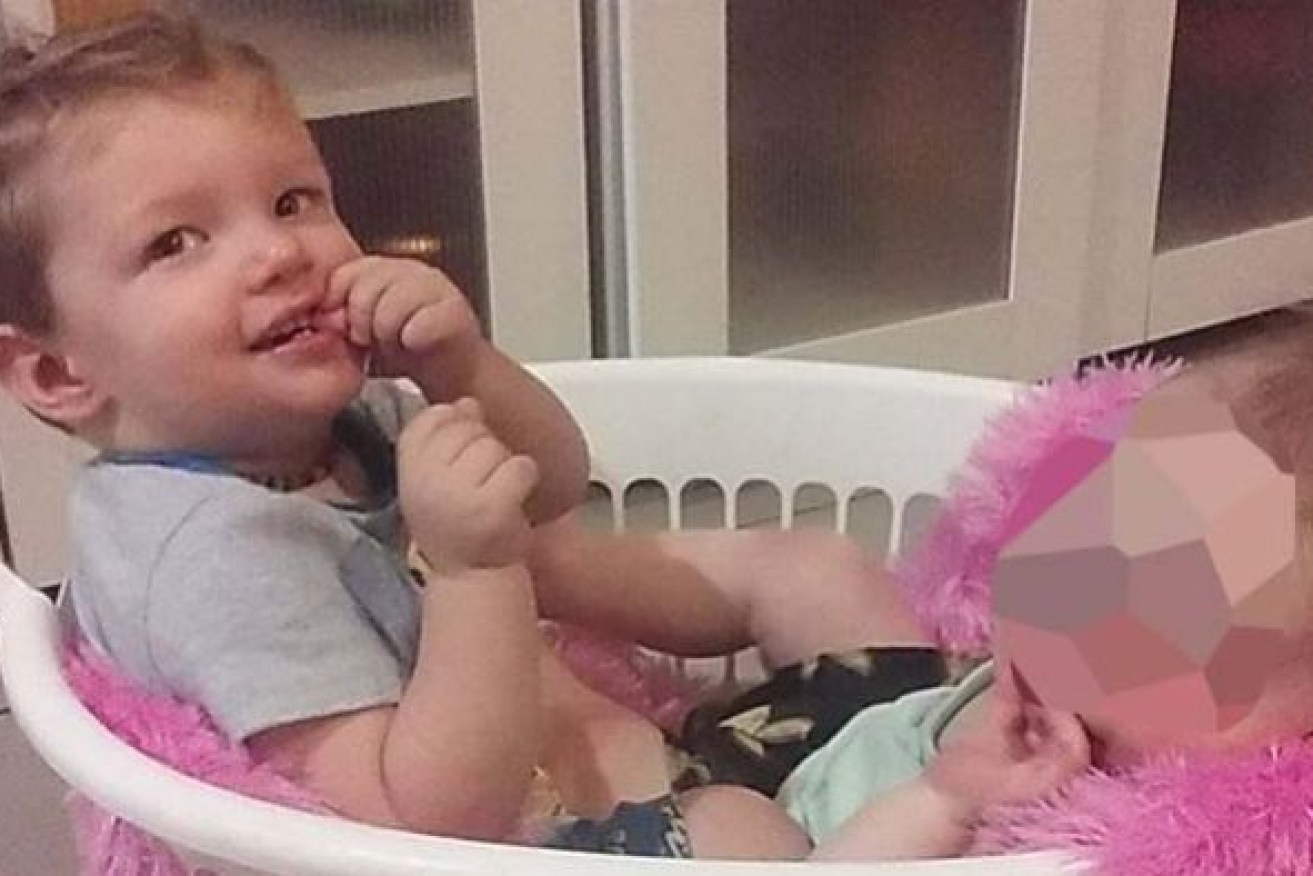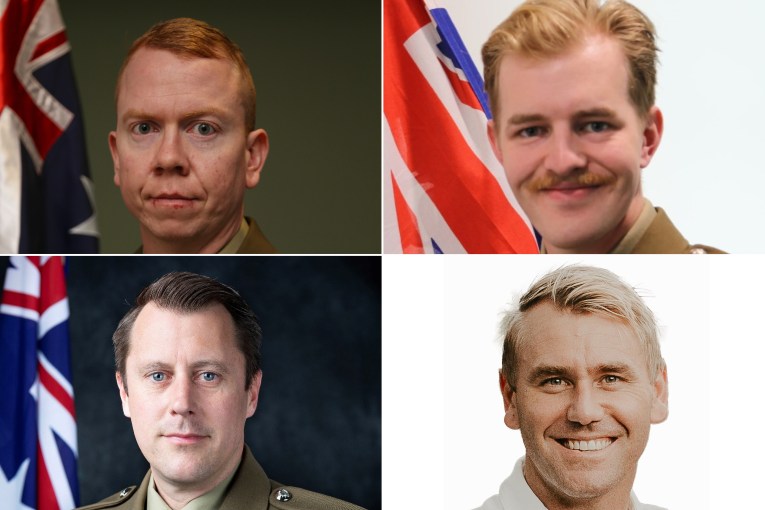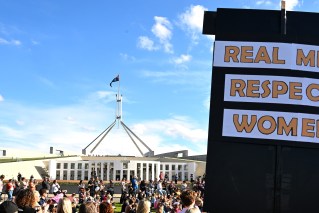Reform protection services or more children will die
More children like Mason Jet Lee will inevitably die as a result of astonishing brutality if calls to drastically reform child protective services continue to fall on deaf ears, experts say.

Mason Jet Lee was found dead by paramedics at a Caboolture home on June 11, 2016. (Photo: ABC)
For more than 30 years, professor of social work Robert Lonne has been telling people in positions of power that a public health response is needed to protect children from abuse in their homes.
So when the Queensland deputy coroner on Tuesday found the child safety department had failed toddler Mason in almost every way before his death in June 2016, he wasn’t surprised.
“The community should rightly feel that the systems have failed young Mason,” he told AAP on Wednesday.
“This is one more tragic example that shows the way we’ve been trying to protect children has proven itself to be capable of major and fundamental failures.”
Mason was 22 months old when he died after being struck in the abdomen by his mother’s boyfriend so hard it ruptured his small intestine, which led to an infection.
The blow was one of many serious and painful injuries the neglected toddler suffered in the months before he died.
The minister responsible for the department, Di Farmer, said the child protection system was under immense pressure, with a call every four minutes about a child potentially at risk of harm.
She said three independent reviews into the department had been held since the toddler’s death, with significant failings identified and improved so that Mason “did not die in vain”.
Ms Farmer said every recommendation in the deputy coroner’s report would be considered.
But Professor Lonne said endless inquiries and throwing money at agencies to address staffing shortages won’t solve the problems facing child protection agencies across the country.
It is the lack of early prevention that is dooming systems to fail repeatedly, he said.
A public health response, like that triggered by the coronavirus, is needed.
Without social distancing and lockdown measures, Australia’s health care system would have been overwhelmed.
That is what is happening to the country’s child protective services, he said, and preventive measures – better access to family support systems, drug and alcohol treatment programs, mental health services, parenting guidance and housing – could reduce demand to a level agencies can cope with.
“I think there’s been enough inquiries that we ought to know by now that early intervention prevention is the way to go.”
Lonne said the need for this reform has been accepted at a policy level, but progress in practically implementing it has been glacial.
The Australian Centre for Child Protection co-director Professor Leah Bromfield agreed a public health response was long overdue, but said changes were needed in the way agencies respond to reports of ill-treatment as well.
Time spent conducting intensive investigations to substantiate reports could be better spent engaging with the families and directing them to support services.
“We need a different orientation. Rather than the child protection being about ‘are you bad enough yet’, those same helpline staff are saying, ‘what can we do right now?’” Prof Bromfield told AAP.
But, like Lonne, she has been advocating for these changes for years, and is deeply troubled by the knowledge that more children will die while the country flounders with how best to deal with the hidden pandemic of abuse against children.
“It’s something that keeps me awake at night.
“There are a lot of Mason Lees out there in households every day and life is not getting better for them despite so many people knowing about them.”
-AAP












